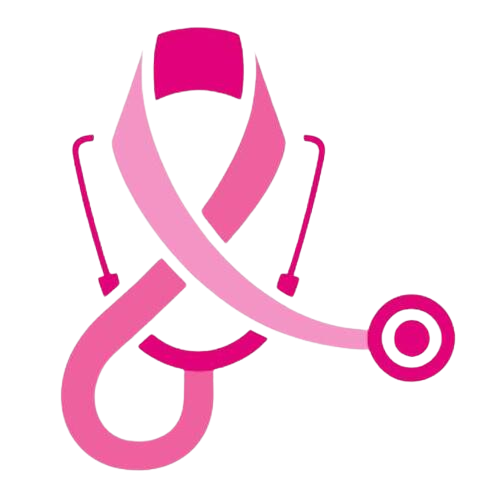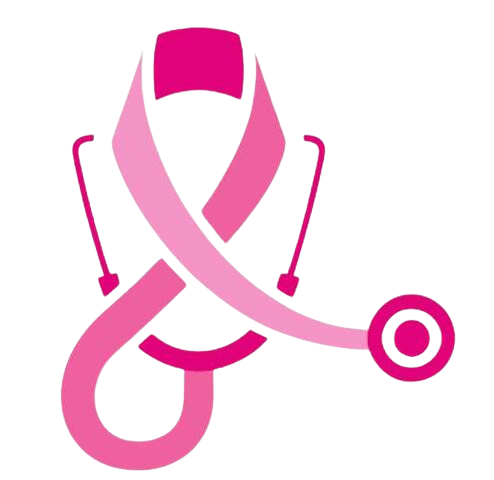When providing guidance to family members of hereditary breast cancer patients, it's crucial to offer comprehensive information and support to help them understand their risk factors and available options. Here are some key aspects to consider:
Genetic Counseling and Testing: Encourage family members to seek genetic counseling and, if appropriate, genetic testing. A genetic counselor can help assess their personal and family history of cancer, discuss the implications of genetic testing, and provide guidance on next steps.
Education on Hereditary Risk: Provide education about hereditary breast cancer, including the role of specific gene mutations such as BRCA1 and BRCA2. Help family members understand their risk factors, including age, family history, and other factors that may contribute to their likelihood of developing breast cancer.
Regular Screening and Surveillance: Emphasize the importance of regular breast cancer screening and surveillance for individuals with an increased risk due to family history or genetic mutations. This may include mammograms, breast MRI, clinical breast exams, and possibly other screening modalities depending on individual risk factors.
Risk-Reducing Strategies: Discuss risk-reducing strategies that may be appropriate for individuals at increased risk, such as prophylactic mastectomy or risk-reducing medications like tamoxifen or aromatase inhibitors. Provide information about the benefits, risks, and potential side effects of these interventions.
Lifestyle Modifications: Encourage healthy lifestyle habits that may help reduce the risk of breast cancer, such as maintaining a healthy weight, regular exercise, limiting alcohol intake, and avoiding tobacco products.
Emotional Support: Offer emotional support and resources for coping with the emotional impact of a family history of breast cancer. Encourage open communication within the family and provide access to support groups, counseling services, or other resources as needed.
Advocacy and Awareness: Encourage family members to become advocates for their own health and the health of their relatives by raising awareness about hereditary breast cancer, promoting early detection and screening, and advocating for access to genetic testing and appropriate healthcare services.
Follow-Up and Monitoring: Stress the importance of regular follow-up and monitoring with healthcare providers, particularly for individuals who undergo genetic testing or risk-reducing interventions. Monitoring may include regular check-ups, screenings, and discussions about any changes in risk or new developments in treatment options.
By providing comprehensive guidance and support to family members of hereditary breast cancer patients, you can empower them to make informed decisions about their health and take proactive steps to reduce their risk of breast cancer.


